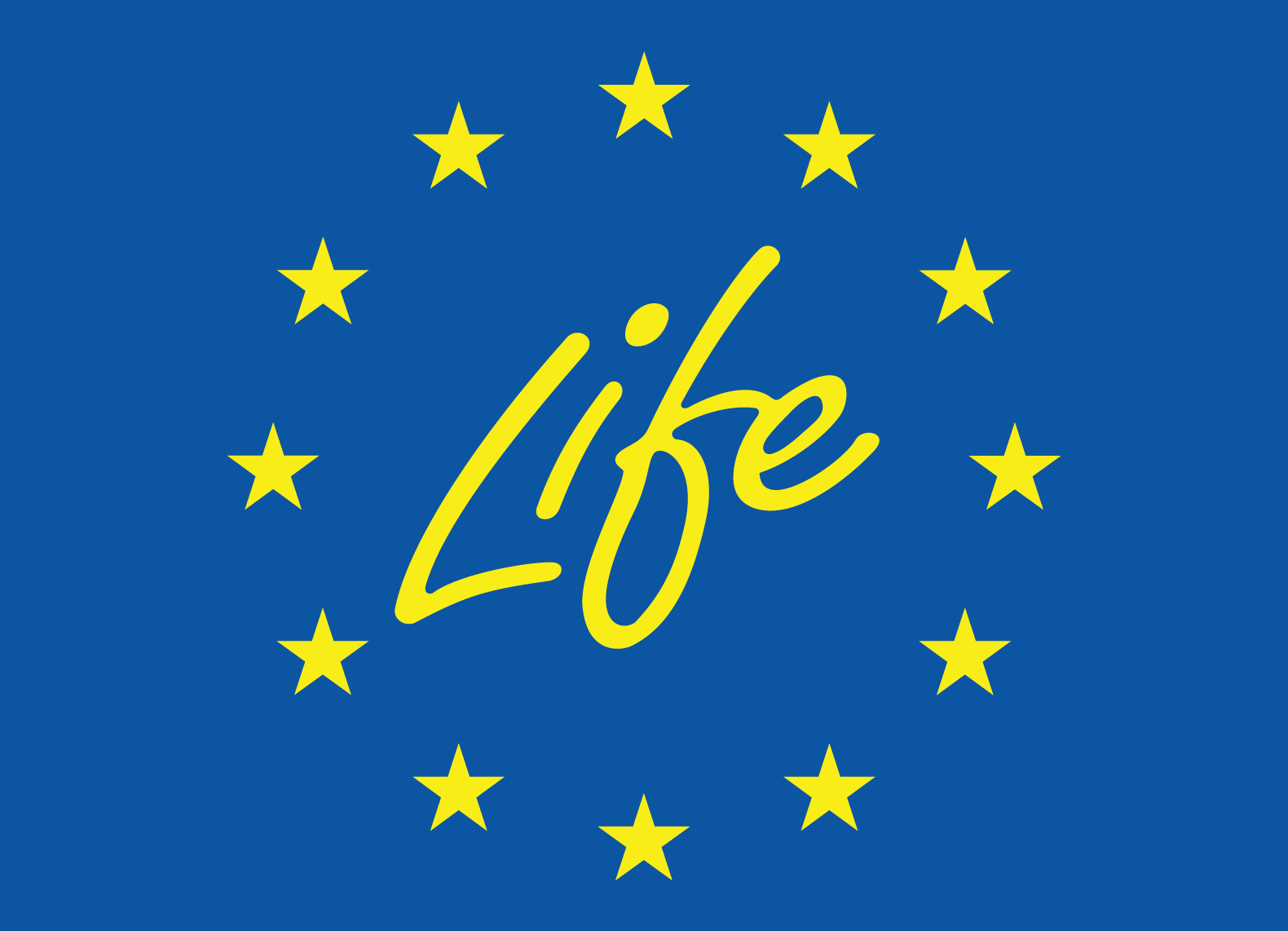New position paper on sustainability labelling & the Planet-score
IFOAM Organics Europe published its new position paper on “Sustainability labelling & the Planet-score”.
Political context
This position paper comes at a time of political change for sustainability labelling. The European Commission is expected to reveal the proposal for a “Regulation on Substantiating Green Claims based on the Product Environmental Footprint (PEF)” under the lead of the Commission’s Directorate-General for Environment (DG ENV), on 30 November.
A second initiative, by the Directorate-General for Health and Food Safety (DG SANTE), is the sustainable food systems law. Expected by the end of 2023, this framework should include principles underpinning a sustainability label.
The Regulation on Substantiating Green Claims maypre-empt political discussions that ought to be had in the context of the sustainable food systems law. Indeed, DG SANTE is likely to, at least, be inspired by the work carried out by DG ENV on PEF, for the sustainability label initiative.
Characteristics a sustainability label ought to have
While we welcome the initiative of the European Commission of fighting greenwashing and providing more information to consumers, the methodology it uses should have some fundamental characteristics. More specifically, it should:
- Support the transition towards more sustainable food systems and a multi-dimensional agroecological approach;
- Be based on science;
- Support the principles of a circular economy;
- Go beyond the environment; and
- Should not be presented as an aggregated score but rather as having different components.
Generally, labels need to be designed within a holistic food policy approach. They should not hinder initiatives or labels that are recognized by consumers and independent institutions and already guarantee a high level of sustainability, such as the organic label.
The PEF: Unfit to assess agri-food products
The Product Environmental Footprint (PEF) is a methodology aimed at evaluating the environmental impact of a certain product, food, and non-food, based on a life cycle analysis (LCA). While it is still relevant for manufactured industrial products, the PEF methodology is not adequate to assess the environmental performance of agri-food products.
The PEF was not meant to reflect the reality of complex agri-food systems in a holistic way. When applied to food, PEF gives misleading results, since the more extensive the agricultural practice is, the worse it scores, evaluating products as an indicator of yields. For instance, eggs from hens in cages score better than free range eggs, which in turn score better than organic eggs.
An LCA+ approach: the Planet-Score
The institute of organic agriculture (ITAB) and other actors in France have joined forces to put together a methodology and label that would reflect the true environmental impact of food products: the Planet-Score.
The Planet-Score is based on the Life Cycle Assessment (LCA), with two fundamental modifications:
- An updated method when it comes to certain indicators,
- A series of additional indicators to reflect those externalities that are not sufficiently taken into account in the LCA methodology (pesticides, climate, biodiversity and animal welfare) through a bonus / malus system.
The Planet-Score is receiving support from consumers: a study carried out on a representative sample of the French population composed of 1,000 consumers showed that 48% of consumers preferred an approach such as the Planet-Score to labels that only show a final score. It also received wide support from companies (organic and beyond) as it is being tested by more than 166 including supermarkets like Carrefour, Auchan and some brands of Danone, and others.
Read the position paper and learn more about IFOAM Organics Europe’s work on food policy on our website.
For more information on sustainability labelling and IFOAM Organics Europe’s work on this issue, please contact [email protected]. IFOAM Organics Europe members can find more information on the member extranet. Contact [email protected] for access rights (issues). For information about what you can gain from being a member, read our membership page and contact [email protected].

The work of IFOAM Organics Europe on this topic is co-financed by the LIFE programme of the European Union, under the under the Climate, Infrastructure and Environment Executive Agency (CINEA). This publication only reflects the views of the authors and its sole responsibility lies with IFOAM Organics Europe. CINEA is not responsible for any use that may be made of the information provided.

